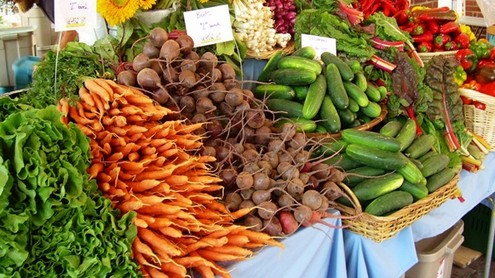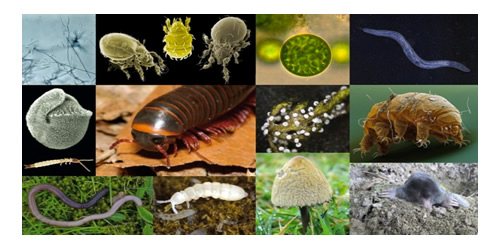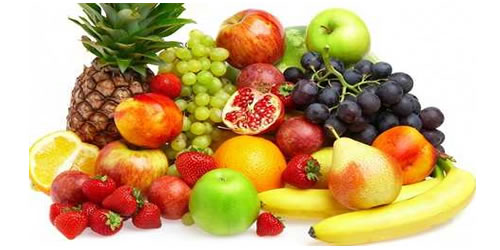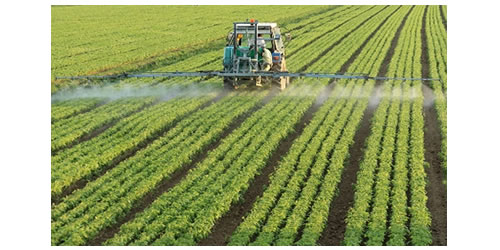Improving Markets for Seeds and Fertilizers in West Africa

WASHINGTON, February 10, 2014 – For farmers in West Africa, the high price of fertilizer and seeds, their limited availability and their poor quality are major barriers to agricultural growth. To increase farmer choice, improve buyer confidence and otherwise make crop industry trade easier, faster and cheaper, West African governments have been working together through the Economic Community of West African States (ECOWAS) and other regional bodies for several years to develop harmonized trade rules and quality control procedures.
A new World Bank Group (WBG) working paper, Towards an Integrated Market for Seeds and Fertilizers in West Africa, examines the region’s efforts to build integrated regional markets for seed and fertilizer. After extensive consultations, new regional regulations based on advanced international standards for seed and fertilizer have mostly been agreed upon and are already helping to guide quality improvements in some countries.
Other key messages include:
There are many good reasons for regional collaboration on seed and fertilizer.Soil types and rainfall patterns cut across West Africa mainly in east to west bands, meaning that neighboring countries are often the nearest source of supply and/or best market outlet for adapted seeds and appropriate fertilizer types.
New institutional structures and capacities must be developed before the regional regulations can be followed. The new seed and fertilizer rules are based on international best practice. These systems are highly effective as quality control instruments, but are technically demanding and require specialist skills, advanced laboratory equipment, and other resources to implement that are generally lacking in West Africa.
Despite many obstacles, the new regulations are already making a difference to quality. As a result of the harmonization process, some countries have already begun to implement new systems that are benefiting farmers even now. In Burkina Faso, Mali, and Nigeria, seed inspectors are carrying out at least some certification visits using newly developed manuals that follow the regional guidelines. In Mali, in addition, licensed fertilizer inspectors have started to sample at least some subsidized product all the way to the distributor level.
Simple steps could fast-track progress and complement long-term harmonization. Without waiting for the complete ECOWAS system to be in place, any country could already make a unilateral decision to accept proven varieties of seed from neighboring countries.
Use of lighter standards for seed certification such as the FAO’s rules for Quality Declared Seed and/or other types of ‘truthfully labeled seed’ (all easier to apply than the ECOWAS standards) would be another good option to explore. Individual countries or groups of countries could also agree to accept fertilizer from reputable manufacturers and transporters without insisting on full inspection at the border.
However, much remains to be done to eliminate longstanding business constraints. West Africa continues to be overwhelmingly dependent on public research for new types of seed with little or no room for private variety development and maintenance.
The ECOWAS rules already provide space for private variety ownership and without negotiating complex treaties on intellectual property rights one simple yet very powerful way to improve farm-level choice and quality would be to allow qualified private firms to retain long-term ownership and physical control of their own technology.
Private competition in fertilizer supply is also under threat. On the fertilizer side, regional production and trade is increasing, but is threatened by recent proposals for centrally managed regional procurement. This would undermine the competitive mechanisms the ECOWAS regulations seek to create – that are already starting to emerge in some countries – and that can themselves lead to lower prices.
Creation of a knowledge platform on inputs would be a good way to support short-term improvements and long-term harmonization. To help navigate the complexities of input trade, a knowledge platform or working group that aims to identify information gaps and practical solutions to strategic problems would be a good option to explore. Such a platform would serve to complement existing stakeholder forums and aim to support the regional seed and fertilizer committees with timely analysis once they are established.
Ultimately, implementation of harmonized trade rules is not the goal itself. The regional trade rules are merely a way to achieve the much more important objective of improving farmer access to quality inputs through sustainable market driven channels. Achieving that aim requires a combination of strategies, together with ongoing dialogue between those with a shared desire to promote inclusive agriculture growth and market integration in West Africa.
Source: The World Bank





